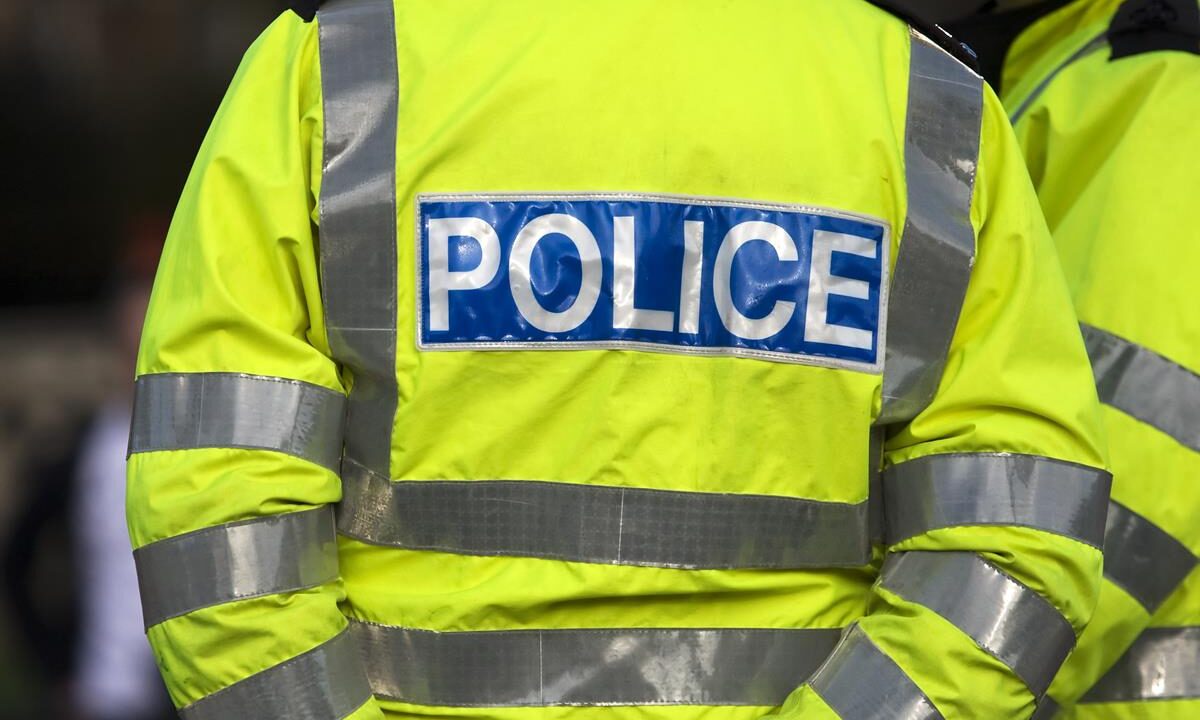The Police Service of Northern Ireland (PSNI) has confirmed it made two arrests after slurry was spread on a road in the town of Ballymena, Co. Antrim.
Police initially arrested a man yesterday (Saturday, June 28) in Ballymena after officers on patrol in the Granville Drive area observed slurry on the road at around 2.55a.m yesterday morning.
A 19-year-old man was arrested on suspicion of criminal damage and possession of a blade/point.
As the incident is understood to have coincided with the timing and location of a Pride event, the PSNI said the matter is being treated as a hate crime.
Enquiries continued, and the arrested man was charged with criminal damage, possession of an article with a blade or point and causing material to be deposited on a road.
He is due to appear at Coleraine Magistrates’ Court tomorrow (Monday, June 30). As is normal procedure, all charges are reviewed by the Public Prosecution Service, the PSNI said.
Today (Sunday, June 29), the PSNI announced the arrest of a second man, aged 20.
The man was arrested this morning on suspicion of criminal damage, aiding and abetting criminal damage, and causing material to be deposited on a road. He remains in custody at this time.
Again, this arrest is being treated as a hate crime. Enquiries are continuing.
PSNI investigate bird poisoning
Separately this week, the PSNI said that a red kite, a protected bird of prey in Northern Ireland, which had been found dead, had been fatally poisoned.
The bird, which was found dead near Loughbrickland, Co. Down, died by what is believed to have been targeted poisoning using the rodenticide chloralose and the insecticide bendiocarb.
The PSNI lead for wildlife crime and animal welfare, superintendent Johnston McDowell, said: “Red kites, along with all birds of prey, are protected in Northern Ireland under the Wildlife (Northern Ireland) Order 1985, as amended by the Wildlife and Natural Environment (NI) Act 2011.”
He said that the birds were brought back to Northern Ireland in 2008 after being extinct for centuries, and that this is not the first time they have had an incident of poisoning with this kind of birds.

